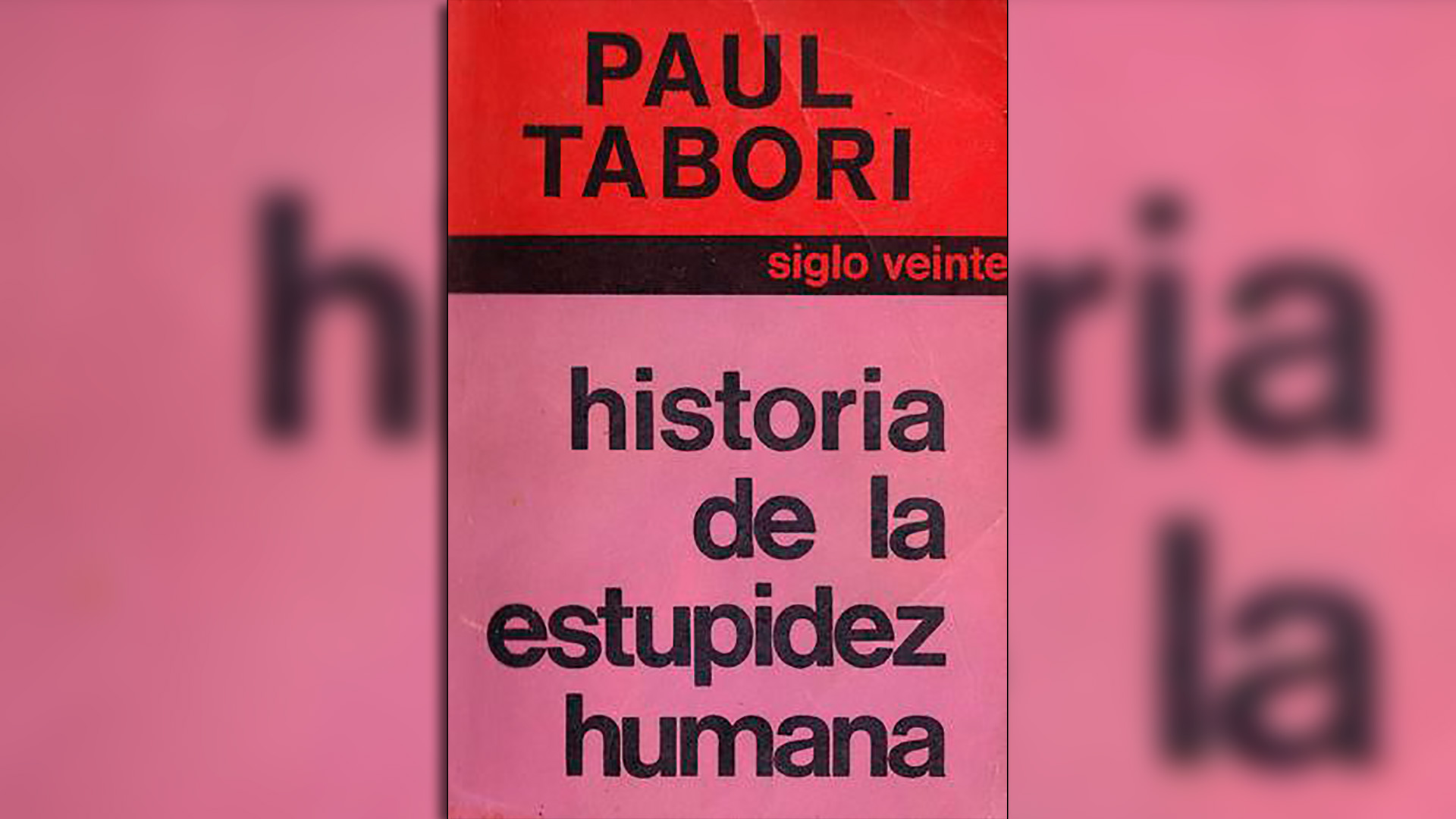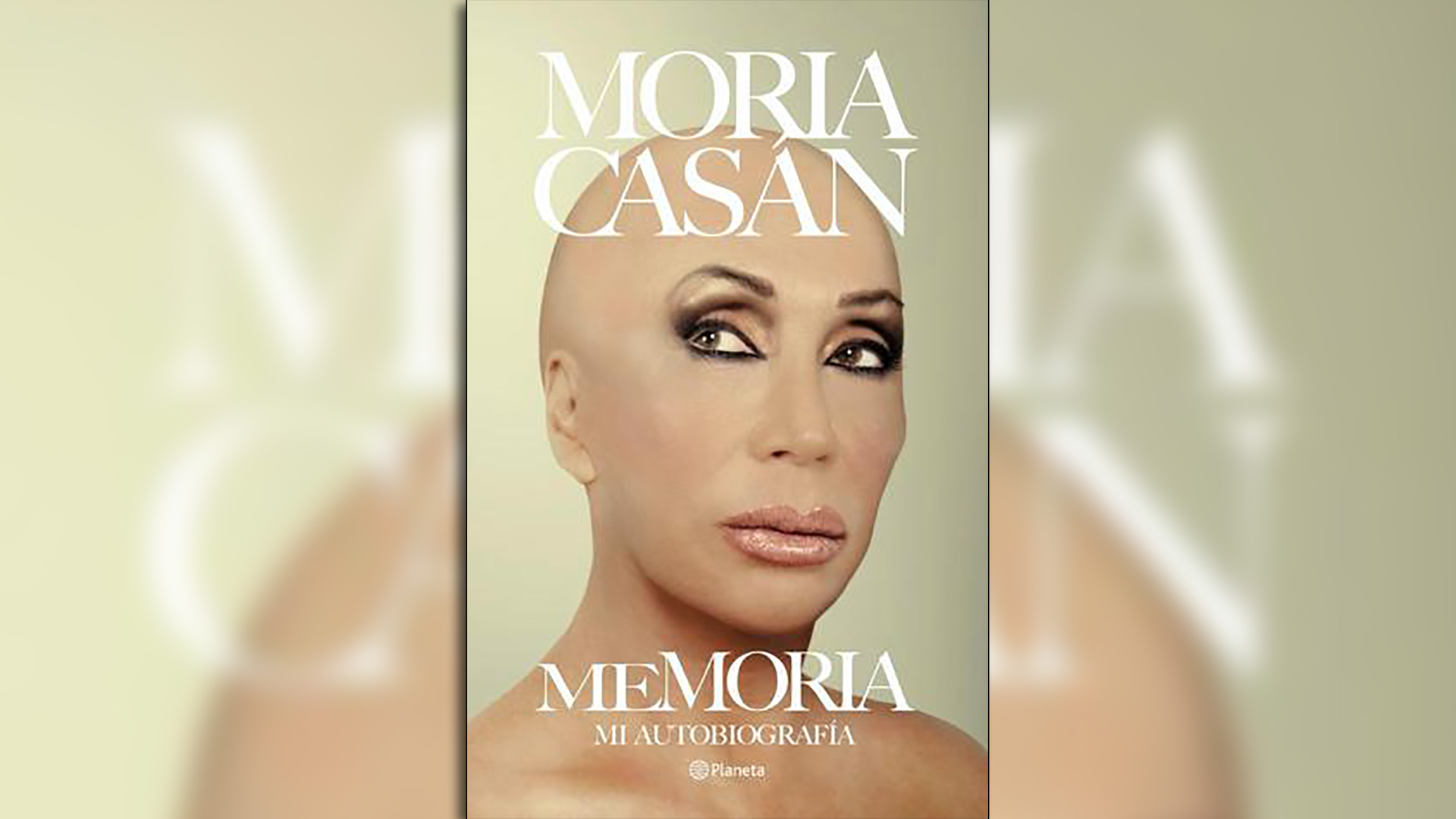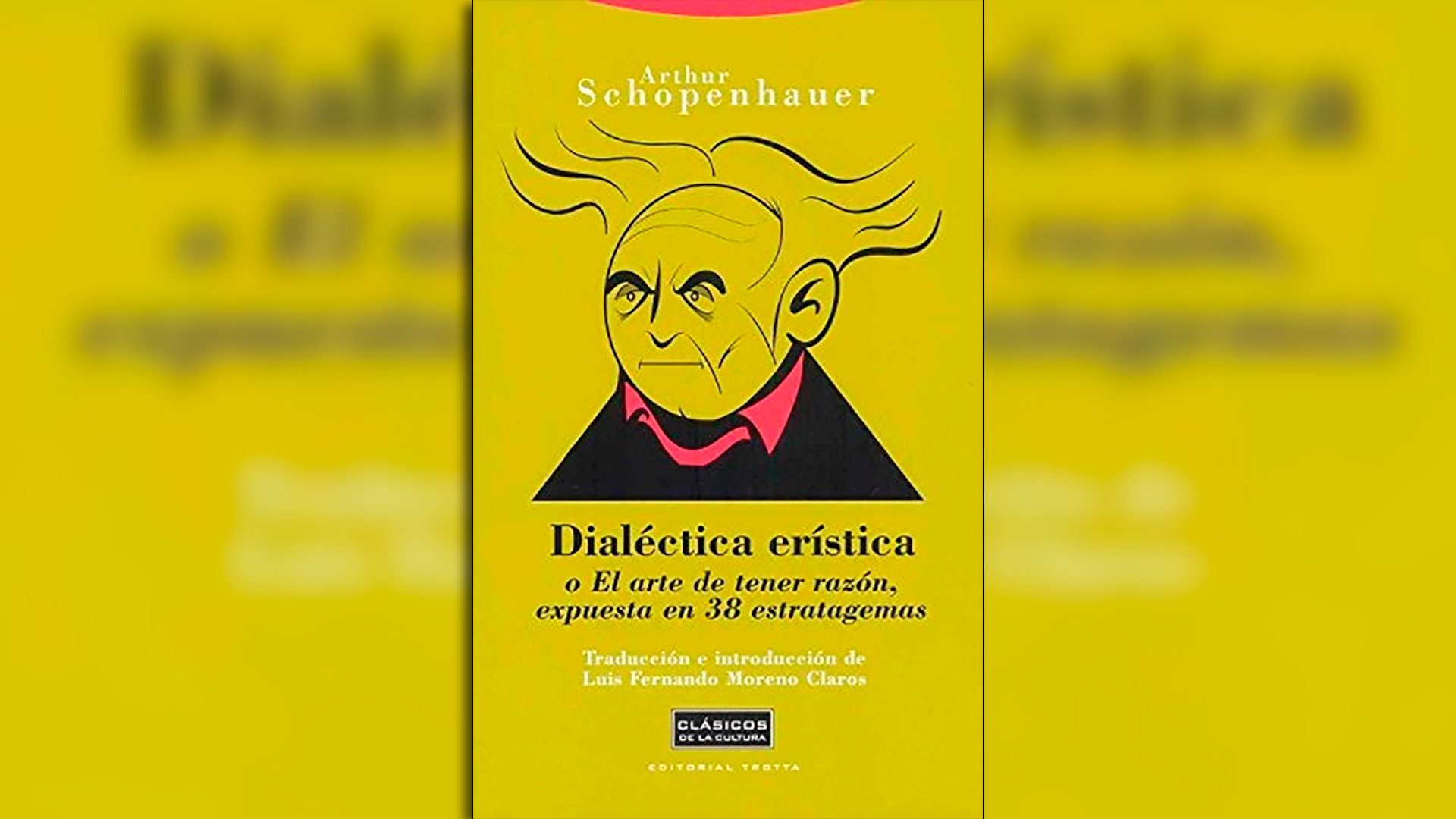There are many skillful declarers in the Argentina: in the artistic world, in politics, in sports. There are, in the universe of these clever witnesses, some tongues sharper than others. As if putting together a podium of who are better to pack in a sentence an effect between knock out and absolute fascination. It is enough to think that journalists Marcelo Gantman Y Andres Burgo published diego saida book that compiles “the best thousand phrases” of Diego Armando Maradona. So: there are a lot of clever declarers, there are some sharp tongues, and there are, in that same universe, a single karate language. That of Moria Casán.
We are talking about the artist who, due to her work as an actress, as a host and also as an honorary panelist in some juries of the highest-grossing Argentine television, managed to get -and sustain- a nickname: the one. And of the woman who, by dint of all that, became a pop icon: she is enough to think that Lali Esposito -another pop icon- will premiere a song made from samples of some “casanesque” phrases.
How do you train in the art of hitting and captivating with the tongue? Through an exchange on WhatsApp, Moria spoke about her readings to Infobae Let’s readand maybe, in one of your choices there is a big clue about that question.

-What is the book of your life, the one that marked you and the most you remember?
-The book of my life that is marking me in this new era is the Zohar, the bible of the kabbalists. He sent it to me as a gift from a Kabbalah for my characteristics of high spirituality and leadership. So they let me know. “Zohar” means “splendour” and the book has me coopted. I don’t go out without it and I started studying Biblical Hebrew to understand it, even beyond metaphysics.
-What book do you like to give away?
-The book I give whenever I manage to get it is history of human stupidity. It is Paul Tabori and I give it away for the scourge that cannot be brought downwhich is precisely what its title alludes to.
Published in 1959, the book by the Hungarian novelist and journalist who signed other works such as Peter Stafford is a treatise on clumsiness, foolishness and, as its title says, stupidity. Throughout his work, Tabori contrasts that stupidity – about which Einstein said that humans could repeat infinitely – with wisdom. The stupid is, for Tabori, who ignores the cause of things. The sage, on the contrary, knows them.

“I believe in loving myself, as Oscar Wilde”, Moria told the magazine Hello! in 2014. A year later, on her Twitter profile, she again quoted the author of The portrait of Dorian Gray: “Oscar Wilde said: Education is something admirable, however it is good to remember that nothing worthwhile can be taught!!!”.
In 2016, La One wrote again about the Irishman: “Adored twitterers, I leave you with one of my favourites: LOVING YOURSELF IS THE BEGINNING OF AN ETERNAL ROMANCE (OSCAR WILDE)”. However, no book by the author of The importance of being Ernesto forms the literary selection that Moria spoke with Infobae Let’s read.
Do you read digitally? How was your experience?
–I don’t read digitally. I need to touch the paper, the smell, turn the pages, feel the title from the cover. A book is like having in your hand all the characters that go through it and puppet them according to your perception. It is a sensory experience. It doesn’t exist for me to read through a screen, not even a restaurant menu. If I read it in print my taste buds start to work.

Casán is a reader but also an author. In 2012, using her name, her creativity – hers and that of a good editor, she too – published her autobiography and titled it Memory. Sparkly. There was a presentation at the Book Fair and everything.
-What did you read in the last year and why did you choose it?
–Eristic dialectics or the art of being rightof Schopenhauerbecause both he and Nietzsche They are my favorite philosophers. They vomit a writing that goes through you and moves my reason and emotionality. Also The New York Trilogyof Paul Auster. The journalist who investigates a crime becomes the protagonist and that caught me.
Eristic dialectics is a treatise that Schopenhauer did not finish and that he based on Aristotelian philosophy. It was published in 1864, after the death of the philosopher admired by Casán, and lists 38 rhetorical stratagems that can lead to success during a verbal argument, although they do not necessarily lead to the truth.

Some of the stratagems proposed in the work are: “provoke the irritation of the opponent and make him fly into a rage”, “if the opponent unexpectedly shows irritation before an argument, such an argument should be used insistently” and “make fun: ‘start’ suddenly to speak of something totally different as if it had to do with the matter in question and constituted a new argument against the adversary. Sounds like good advice for training a karateka tongue.
Keep reading:

